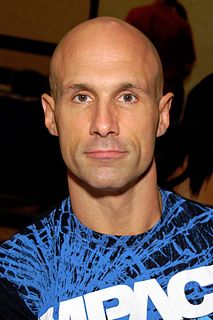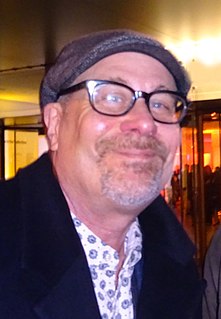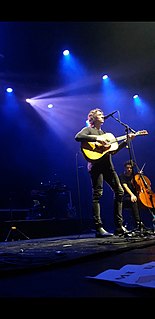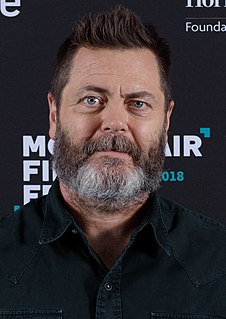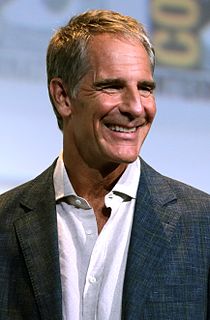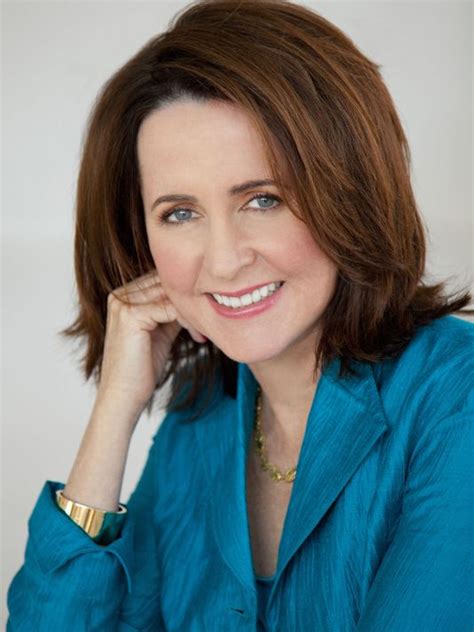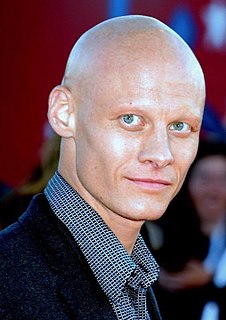A Quote by Christopher Daniels
When I first started training to be a wrestler I was also trying my hand at acting. I was trying to get into the Chicago theater scene. It was tougher to get into the theater scene than I thought and I almost gave wrestling a try as an afterthought.
Related Quotes
Chicago theater vs. New York theater. There's just nothing to say about it really. If you've seen Chicago theater, you know that the work is true to what is there on the page. It's not trying to present itself with some sort of flashy, concept-based thing. It's about the work, and it's about the acting you're about to watch. So acting-based theater feels like it was born there to me.
I was interning at a children's theater group in Kentucky - that was my first job out of college. I had jumped around a couple of regional theaters, and I was about to go back to Maine to work at a summer Shakespeare theater there. I didn't want to just jump around the country from gig to gig. I really wanted to go to a city and get involved in a theater scene and a theater community.
At that age, filming Harry Potter, I never contemplated. I just went in there and did my acting. I never thought, "What's the character actually feeling here? What's he trying to get across?" And never looked at it from that classically trained actor's point of view. And so when Jason Isaacs started throwing up these ideas, I thought, "Whoa. What an interesting way to look at acting." Which is why, again, I would do theater.
When I'm creating a character, it's a little bit like what my theater teachers used to tell me about Stanislavsky, like if you're using sense memory to do a scene - if you have to cry in a scene, you try to remember something in your life that made you cry and you use that in order to get the tears.
The acting background helped a lot when I started writing. I was training for it. In acting class they teach you about the stakes in a scene (and) what motivates characters. When you bring a scene to class - as an actor with your scene partner - you have to do everything. There's no producer, set decorator or anything like that. You and you partner have to do everything and that's kind of like facing the blank page as a writer.
